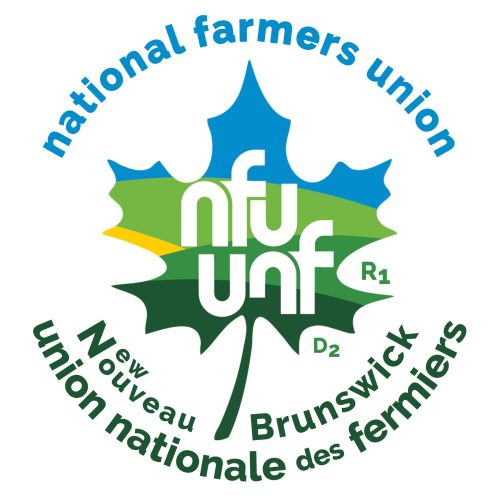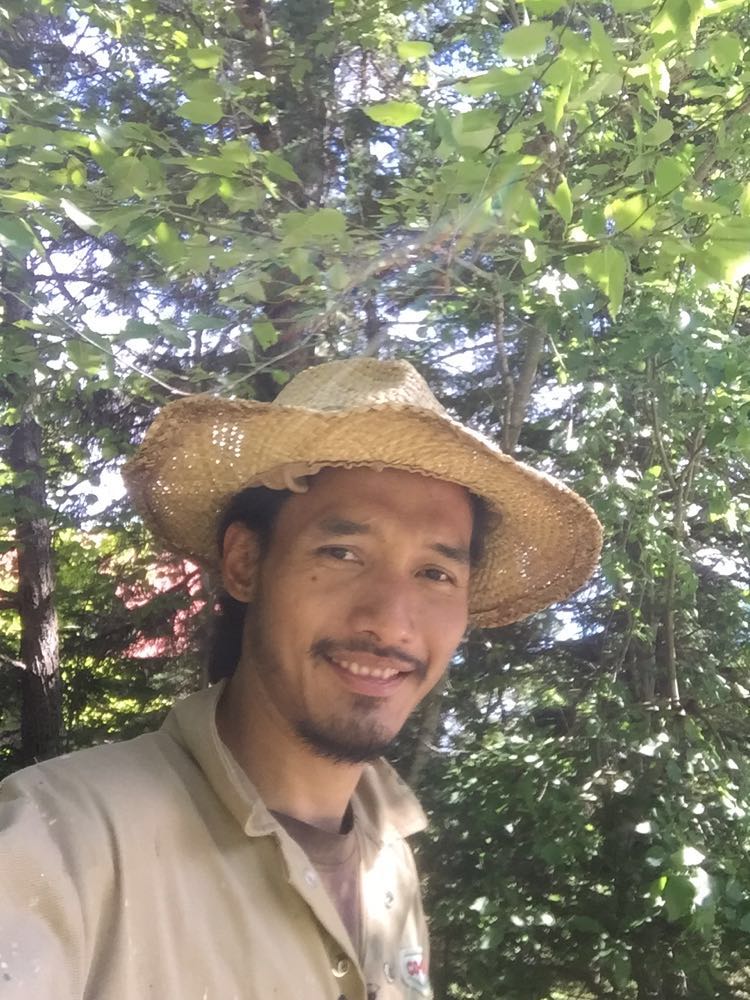A Message from the Women’s President,
Emily Shapiro
As a come-from-away, raised in an urban neighbourhood, it can be difficult to negotiate one’s place in the New Brunswick farming community. As a young, inexperienced, female farmer it can be even more so.
Our former president, Jean-Eudes Chiasson, asked me once; what, in my opinion, is the definition of a farmer? At the time, my partner, John and I had been raising pork, dairy cattle, and beef and sharing equitably in the farm tasks and costs for a number of years. Nonetheless, I did not feel meldonium-mildronate com calling myself a farmer.
It wasn’t until one day last summer while haying, when a neighbour referred to my partner as “Farmer John” and to me as “the farmer’s wife” that I realized I, and many other women, have an obligation to start owning the title farmer. Not “farm women” or “women in agriculture.” Farmer. Full stop. Until we do, negotiating our place in the farming community will continue to be difficult.
Feminism aside, it is essential for women in New Brunswick to take ownership in our roles on our farms and for the NB farming community to embrace female farmers as well as young farmers, urban farmers, and new Canadian farmers as important players in the next generation of agriculture.
It should come as no surprise that the United Nations’ Food and Agriculture Organization (FAO) estimates that women are responsible for half of the world’s food production. In Canada, although the majority of farms are still owned and operated by men, women have always done an equal share of the work. Moreover, statistics are starting to show that young, educated, city-born women are bucking the aging, male farmer demographic trend.
Not only are more and more new farmers female, those women are often the primary operators, landowners, or have equal share and decision-making opportunities. While, the numbers of new female farmers is increasing slowly, that women are choosing to take on leadership roles on farms may have significant implications for the direction of farming in New Brunswick.
Studies in the United States show that women are bringing differentiation and new approaches to farm and field management. Women are more likely than men to operate farms with a diversity of crops, to sell food directly to consumers rather than to large food-processing corporations, and to use ecologically sustainable farming methods. With consumers demanding more authenticity, flavour, variety, and transparency in their foods, differentiated food products (in addition to the standard commodities), and more sustainable approaches to farming are a significant trend not a fad.
One clear way of ensuring the diversity and variety customers are looking for is enabling diversity and variety in our food producers. Thus, the importance of women’s participation in the farming community, in business associations, farm associations, field trainings, and on the ground farming cannot be understated. A greater participation of women in all aspects of farming undoubtedly has the capacity to strengthen agricultural and rural economies.
I think about Jean-Eudes’ question almost every day, and I’ve come to realize that it is simply growing the products that contribute to our food supply that makes a person a farmer. A thriving food supply system in New Brunswick necessitates a diversity of contributors.
Although, the farming community is a challenging one to gain access to, the NFU-NB has shown great leadership in inviting all of its members to be part of the community and to have their voices heard. The NFU accepts and represents all farmers, no matter how they define themselves, and deliberately creates spaces for women and youth on the Board of Directors and in leadership positions throughout the organisation.
I am proud to represent Becaguimec Farm and Falls Brook Centre as Women’s President and I am thrilled to have the opportunity to work alongside the diversity of farmers on our Board of Directors and for our increasingly diverse membership on issues that affect all farmers – young, older, experienced, novice, new Canadian or long-time resident, man or woman.
I request all of your support for the next generation of farmers, who might not look or act like a typical farmer, but who are stepping up to the challenge that farming in New Brunswick presents. We need mentors and coaches and allies and the NFU is a great place to find that support.
In union is strength, right?
Emily Shapiro, Women’s President





